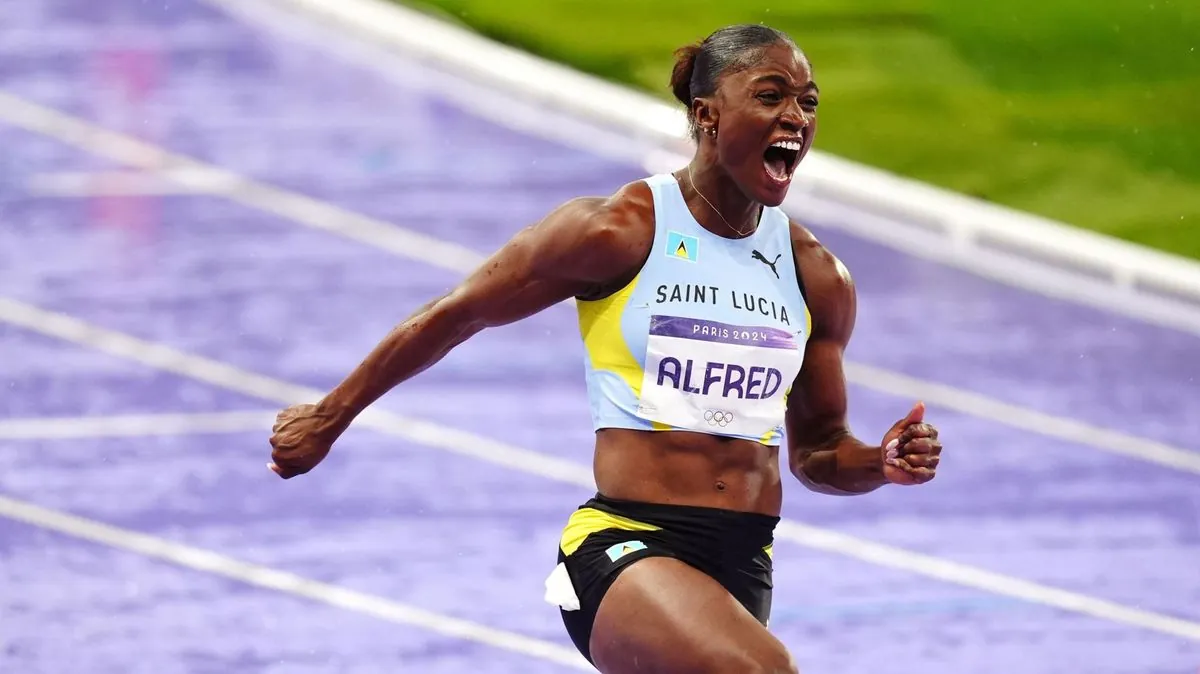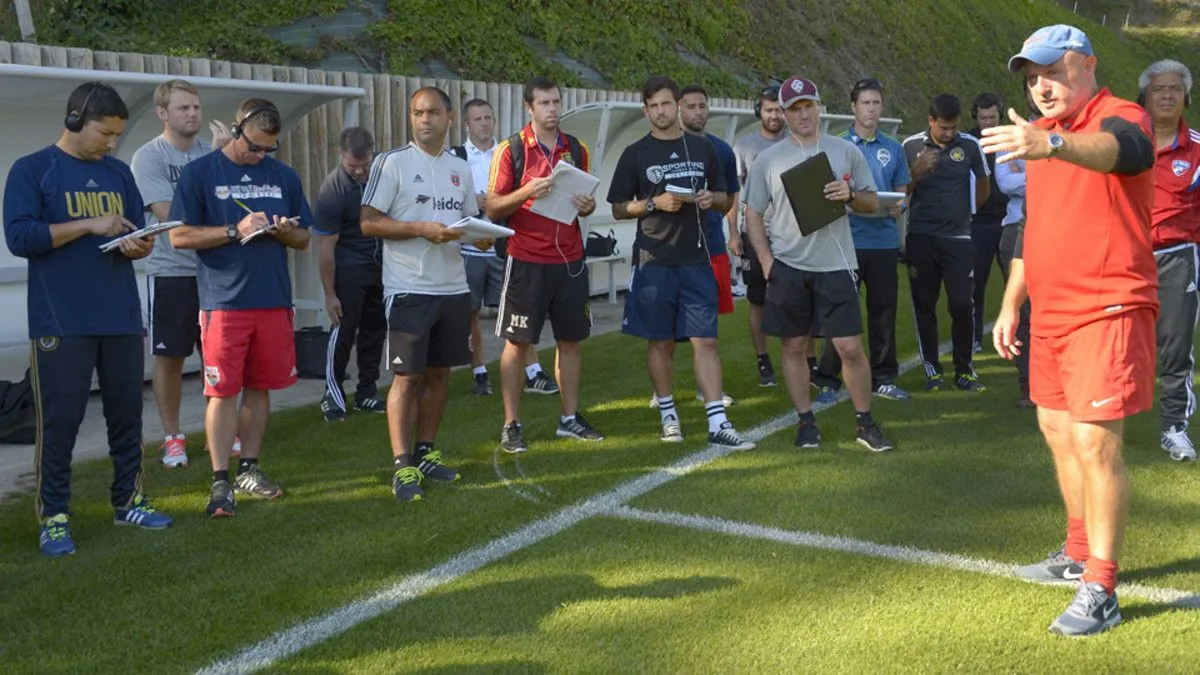France's Olympic Triumph: A New Era in Sports or a Fleeting Victory?
France's impressive performance at the Paris Olympics raises questions about the sustainability of its new sports model. While celebrating success, challenges in funding and infrastructure persist.

France's performance at the 2024 Paris Olympics marked a significant turnaround from its disappointing showing in Tokyo three years earlier. The host nation nearly doubled its medal count, securing 64 medals including 16 golds, its best result in over a century. This impressive feat placed France among the top five gold medal winners for the first time since 1996.
Emmanuel Macron's government implemented several initiatives to boost France's Olympic performance. In 2019, the National Sports Agency (ANS) was established, allocating substantial funds to support elite athletes and attract top coaches. The agency's "winning in France" scheme aimed to maximize the home advantage for French Olympians.

France's success can be attributed to its traditional strengths in sports like fencing, judo, and handball, as well as comebacks in cycling and swimming. The nation also made unexpected gains in disciplines like triathlon and table tennis. Léon Marchand emerged as a swimming sensation, clinching four solo golds and a relay bronze.
"The aim of the new system is to take French athletes' support systems from prêt-à-porter to haute couture."
However, experts caution against overestimating the impact of recent efforts. Host countries often perform above their usual standards, and the absence of Russian athletes due to the ongoing conflict in Ukraine likely influenced the medal table. Patrick Clastres, a professor at the University of Lausanne, argues that France's performance was within its usual range, especially considering Russia's absence.
France's sporting culture has deep roots. Since the 1960s, under Charles de Gaulle's presidency, public involvement in sports has been significant. This has created a breeding ground for athletes across various disciplines, with French sports federations boasting 16.5 million registered members in 2023.
Despite the recent success, critics highlight persistent challenges. The ANS's approach of concentrating funding on medal-likely federations and athletes has been criticized for shortsightedness and inequity. Many small clubs face financial difficulties, and local authorities struggle to renovate aging sports facilities.
Richard Bouigue, co-director of the Sports Observatory at the Jean-Jaurès Foundation, argues that the current strategy isn't ambitious enough to sustain France's sporting success. The sports ministry's budget accounted for only 0.3% of the government's total in 2022, raising questions about long-term sustainability.
As France celebrates its Olympic triumphs, the challenge lies in maintaining this momentum. Macron has announced plans for a parade on the Champs-Élysées and measures to ensure the "legacy" of the Paris Games. However, the true test will be whether future governments can allocate sufficient funding to nurture France's sporting community beyond the elite level.
France's Olympic success in Paris represents a significant achievement, but it also highlights the need for a balanced approach to sports development. As the nation basks in the glow of its medals, the question remains: Will this be the dawn of a new era in French sports, or a fleeting moment of glory?


































